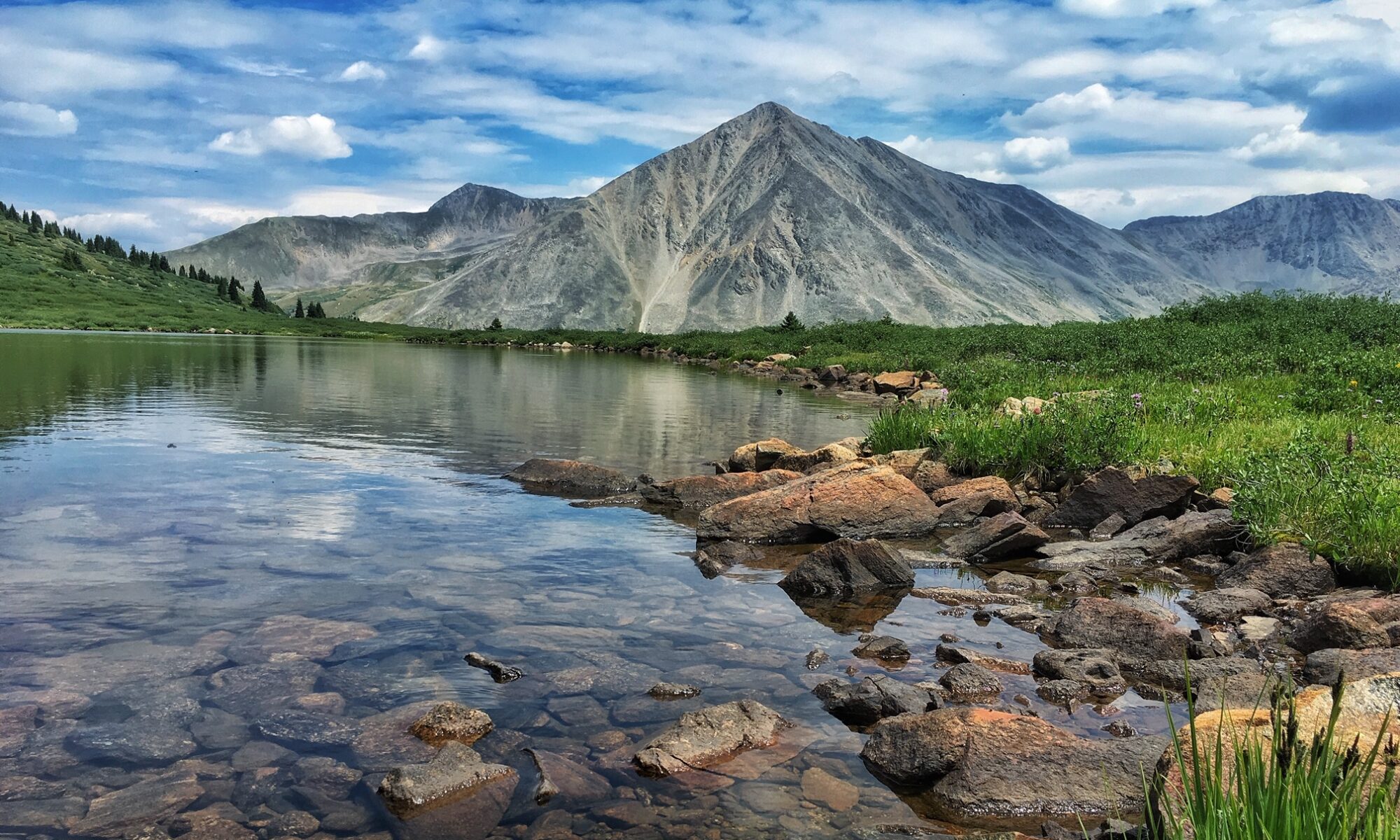A friend sent me a photo of one of the largest rainbows he’s ever caught on Montana’s Missouri River. He caught it in mid-December, the temperature was 8 degrees above zero. That’s cold. He endured frozen digits and iced-up fly rod guides for a day to remember.
I dislike fishing in a frigid weather for several reasons:
First, it’s really cold (an understatement, of course). Second, my fingers get really cold. Third, my toes get really cold. Fourth, my face gets really cold. Okay, you get the idea.
There’s another problem though. The guides on my fly rod collect ice like my hunting boots collect mud when I walk through a plowed field on a rainy fall day.
How do you deal with ice on your fly rod guides?
Preventative Measure for Your Fly Rod Guides
Some fly fishers coat their guides with Vaseline. Others apply some kind of lip balm. So maybe you should purchase that Simms lip balm the next time you’re in a fly shop (Kidding!That’s an inside joke that our long-time readers and listeners will get!) Seriously, a lot of fly fishers say that Vaseline or lip balm works. Others suggest spraying your guides with olive oil or some kind of cooking spray. This sounds like an easier approach as long as you remember to put a canister of it in your duffel bag or fly vest.
You’ll notice that I refer here to “some” or “other” fly fishers.
The truth is, I’ve never bothered with this measure. It’s not because I fear that the chemicals in these products will damage my rod or guides. The reason is it seems like a lot of work for a solution that will only be temporary. After a half hour, or so, of fishing, the ice reappears (from what other fly fishers tell me). At that point, I have no interest in fumbling around with lip balm or trying to retrieve a canister of cooking from my fly vest.
However, enough fly fishers swear by this approach that you owe it to yourself to try it to see if it works for you.
Fly Rod Guides No-No
Perhaps the most obvious solution is to use your fingers to break it off of the guides. Nooooo! Not under any circumstances!
You run the risk of breaking off the guides with the ice. You’ll use more pressure than you expect to break off those stubborn ice crystals. If Michael Scott of The Office were writing this article, he would likely describe it as a “Lose-Lose-Lose” approach. So don’t try it when you’re on the river.
Simple Is, Well, Best
This brings me to the approach I prefer. It’s simple, yet effective.
Dip your rod in the river you’re fly fishing. With the right depth of water and the right angle, you can do this without submerging your reel (and your hand!). I typically leave my rod guides submerged for a few seconds. To use the words of an old television commercial, the ice “rinses away like magic!” Sometimes, there is still some residue of ice. But it’s loose enough that you can remove it (gently!) with your fingers without breaking a guide.
Also, once I remove my rod from the water, I shake it to remove excess water. If light water crystals start to form, I simply blow them off with my breath or gently squeeze them with my fingers.
If all of this seems rather tedious, well, it is.
Chances are you’ll get cold and leave the river before the tedium of clearing the ice off your guides drives you crazy. The only other alternative is to stay home and tie flies or watch a video of fly fishers hauling in huge trout in New Zealand. But then you might miss out on the fish of a lifetime.



At this age I’m with you. If it’s below freezing when it comes to fly fishing my butt is staying inside by the woodstove either reading a book about fly fishing , listening to your pod cast and reading your post . Maybe tying flies watching while watching fly fishing shows . In my younger days I would venture out on crazy cold days . I had good success and caught some really nice fish during snow filled skies. I’ve tried a few of your tips along the way . Dipping the rod is my preferred method. These days I go ice fishing during the winter months. In a nice heated pop up tent . Notice I said heated . No heat I ain’t going .
So true,rod dipping was my go to,but soon decided this is not fun. Now it’s 50 and I’m back in hog heaven,and no ice.